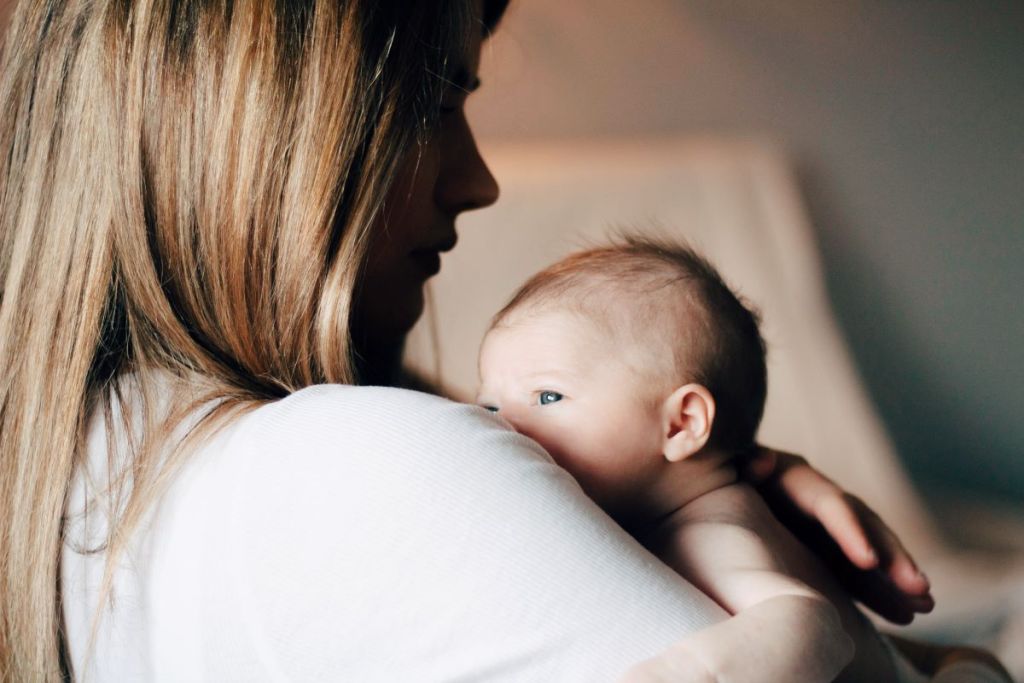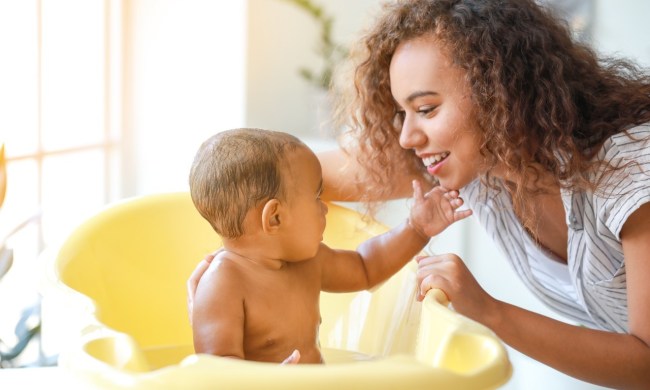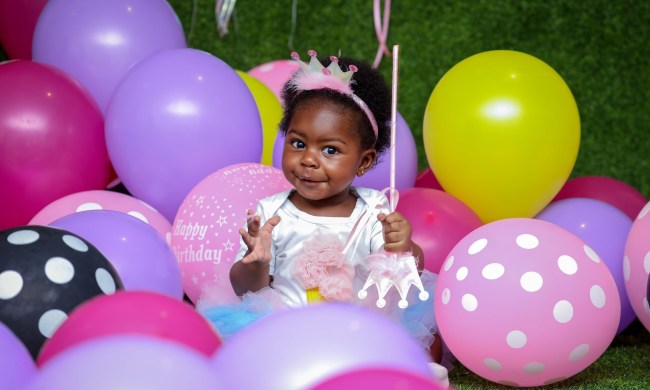Very few noises wake up a person to the point of literally jumping out of bed. However, when your baby wakes up screaming, that’s a whole other story. You immediately go into rescue mode and wonder if you should call 911. That’s only normal for any parent. Regardless of your initial reaction, you might stop short of calling emergency services and wonder why your child is screaming, and most of all, what to do to calm them down. First off, you will need to keep calm. Read on for more advice on this matter.

Why a baby wakes up screaming
Most often, babies are not fully awake when they scream out at night. Therefore, you might have to determine whether picking your baby might further disrupt his or her sleep. Sometimes, when babies have not slept enough after a very active day, the increased stimulation carries over to their sleep patterns.
Another factor to consider is your baby’s age. At around 8 months of age, babies start to notice when parents aren’t in the room. Because this absence feels unfamiliar, they might scream at night if they happen to wake up and find that a parent is not there. More than likely, they stop screaming when a parent walks into the room, and they hear the familiar voice. This stage is quite normal for older babies and soon subsides after turning a year old.
For younger babies, colic might be another cause, and this issue, whose exact cause is unknown, usually resolves itself over time.

How to calm your baby down
All babies are different, and no one strategy is going to help, but with patience, you can try any of these approaches when your baby wakes up screaming.
Make your presence known
You can try standing at the crib and talking to your baby to reassure him or her that all is well. If this doesn’t work, you can gently rub your baby’s back or stomach.
Check for possible causes to address
If your baby hasn’t calmed down, then go through a “mental checklist” to see if they are hungry, need a diaper change, and so forth. You might also try checking for fever by feeling around your baby’s forehead and neck. Be sure to use a thermometer just to play it safe if you can’t make a determination. Also, you can check the inside of the pajama feet if your baby wears footie pajamas. Sometimes (though rarely), a string snags on a tiny toe, which causes a great deal of discomfort.
Pay special attention to your baby’s gums
If your baby has been teething, chances are that pain in the gums might awaken them. In some cases, your child could be crying in their sleep when hurting or feeling ill. The next day, you’ll need to contact your child’s pediatrician to find out what can alleviate the pain. In the meantime, if you’ve determined that the gums are the cause, then you can try massaging them with a toothbrush for babies or cool, textured teether.
Try white noise or soft music
Whether colic or too many stimuli before bedtime factor into the situation, white noise can soothe a baby to sleep. Unless you have a white noise machine, you can use a fan, an untuned TV station, or sounds from a white noise app or Spotify. Keeping the volume low also helps.
When in doubt—cuddle
Although you might not want to get your child into the habit of being picked up, you might have to resort to some cuddling time that involves rocking, singing, walking around, swaddling (for newborns), or whatever works. Also, giving a pacifier might help to induce sleep when your baby wakes up screaming.
Likewise, for the first few weeks, there is no such thing as picking up your baby too often. After about 6 months, however, you can try giving a gentle massage and talking to them before holding them.
When to be concerned
Likewise, if none of the calming strategies, feeding, or changing works, then you might need to call your pediatrician or take your baby to an urgent care clinic or emergency room. Furthermore, you should always contact your doctor for any of the following reasons:
- Fever
- Rash
- Loose stool
- Vomiting
- Tugging at the ears
- Raspy or “gargling” breathing
- Apparent sign of being in pain
If a medical cause is ruled out, then rest assured that this phase will soon pass. With a little bit of strong coffee in the morning, some patience, love, and care, everyone will get through this.



